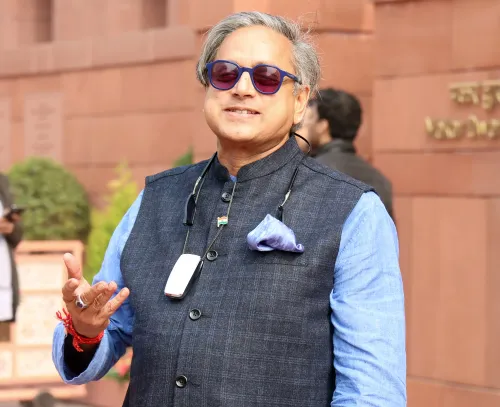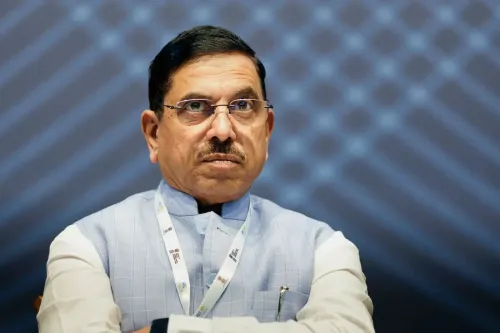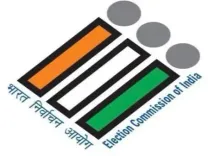Comprehensive Financial Strategy Essential for Economic Development and Social Fairness: Government Official

Synopsis
Key Takeaways
- Inclusive financial strategy is vital for economic growth.
- The JAM framework simplifies banking access.
- Financial literacy initiatives are crucial, especially for women.
- Nationalized banks play a significant role in providing access.
- Enablement requires resources beyond what private entities can offer.
New Delhi, March 5 (NationPress) To realize the goal of an advanced India by 2047, an extensive and inclusive financial strategy is essential as a vital component for economic growth and social fairness, stated a senior government representative on Wednesday.
Anita Shah Akella, CEO of IEPF Authority and Joint Secretary of the Ministry of Corporate Affairs, emphasized that financial inclusion involves critical factors such as accessibility to payment systems, credit, insurance, and investment avenues, all of which necessitate government policies for effective execution.
“The JAM (Jan Dhan, Aadhaar, Mobile) framework has simplified banking access for everyone, garnering global attention. Innovations from both public and private sectors have propelled digital financial inclusion, and policy initiatives have been key in making financial services more reachable,” Akella remarked at the third ‘National Conclave on Financial Inclusion’ hosted by Assocham here.
Financial institutions have also played a pivotal role in fostering inclusivity, particularly through microfinance services tailored for the low-income demographic.
“The growth of digital transaction platforms and services like immediate payment services, IMPS, and digital wallets has rendered transactions more seamless, secure, and economical,” she informed the audience.
In addition to financial inclusion, there is a pressing need for financial literacy, and organizations such as IEPFA, BSE, SEBI, and RBI are committed to promoting financial literacy among the populace.
“Initiatives like ‘Niveshak Didi’ and ‘Niveshak Sarthi’ have been significant in enhancing financial literacy, particularly among women,” she added.
P.R. Seshadri, MD and CEO of South Indian Bank Ltd, shared insights on financial inclusion, stating that it starts with access, and the remarkable role of the nationalized banking system in ensuring widespread access deserves recognition.
“Currently, the level of access in our nation is substantially greater than that of our peers in a similar economic situation. The moderation of interest rates in the country emphasizes the impact of access,” Seshadri noted during the event.
The banking infrastructure has facilitated access, and the actions of the Government of India are supporting the subsequent phase, which is enablement.
The enablement process requires additional resources that private entities might not be able to provide, experts noted.










